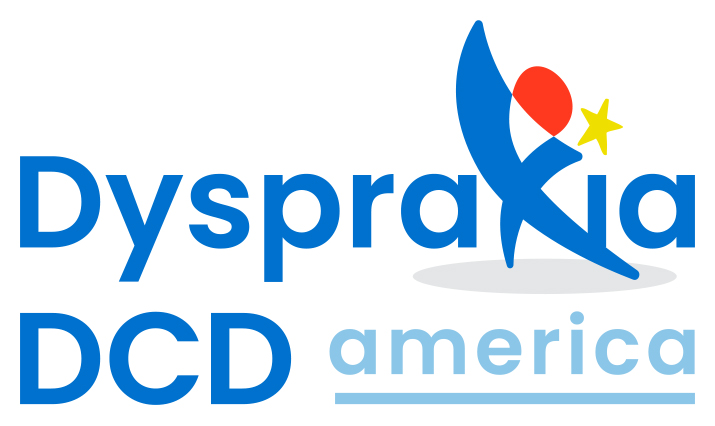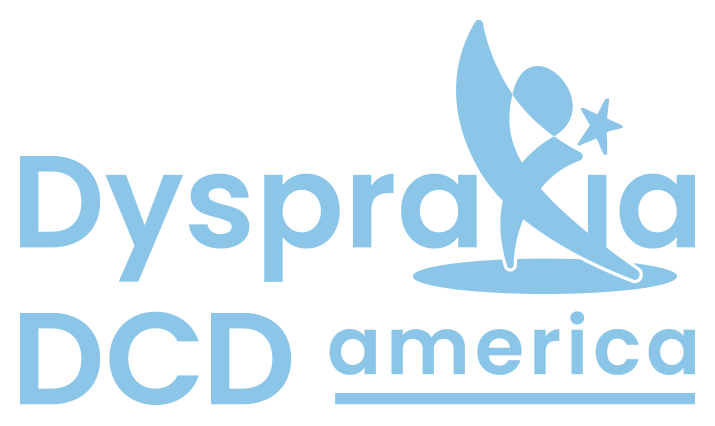
Who Can Help With Treatment?
There is no cure, however there are therapies and treatments available to help an individual in reaching their goals and full potential.
The best treatments for Dyspraxia/DCD and overlapping conditions, with or without an official diagnosis, are therapies that support the individual’s needs:
An occupational therapist helps develop skills specific to everyday activities at home, school, and work.
A physical therapist uses exercises, equipment, and hands-on therapy to help develop motor skills.
A developmental optometrist helps improve visual skills using exercises to strengthen the connection between the eyes and the brain.
Psychological therapy can strengthen mental health by improving resilience in the face of challenges and by addressing issues such as depression and anxiety.
Cognitive Behavioral Therapy
Cognitive behavioral therapy (CBT) is a structured, goal-oriented type of talk therapy used by mental health professionals to help people understand and change negative thought patterns and improve coping skills.
In addition to providing assessments for diagnosis of Dyspraxia/DCD, a neuropsychologist may help individuals develop learning and coping strategies tailored to their individual needs.

